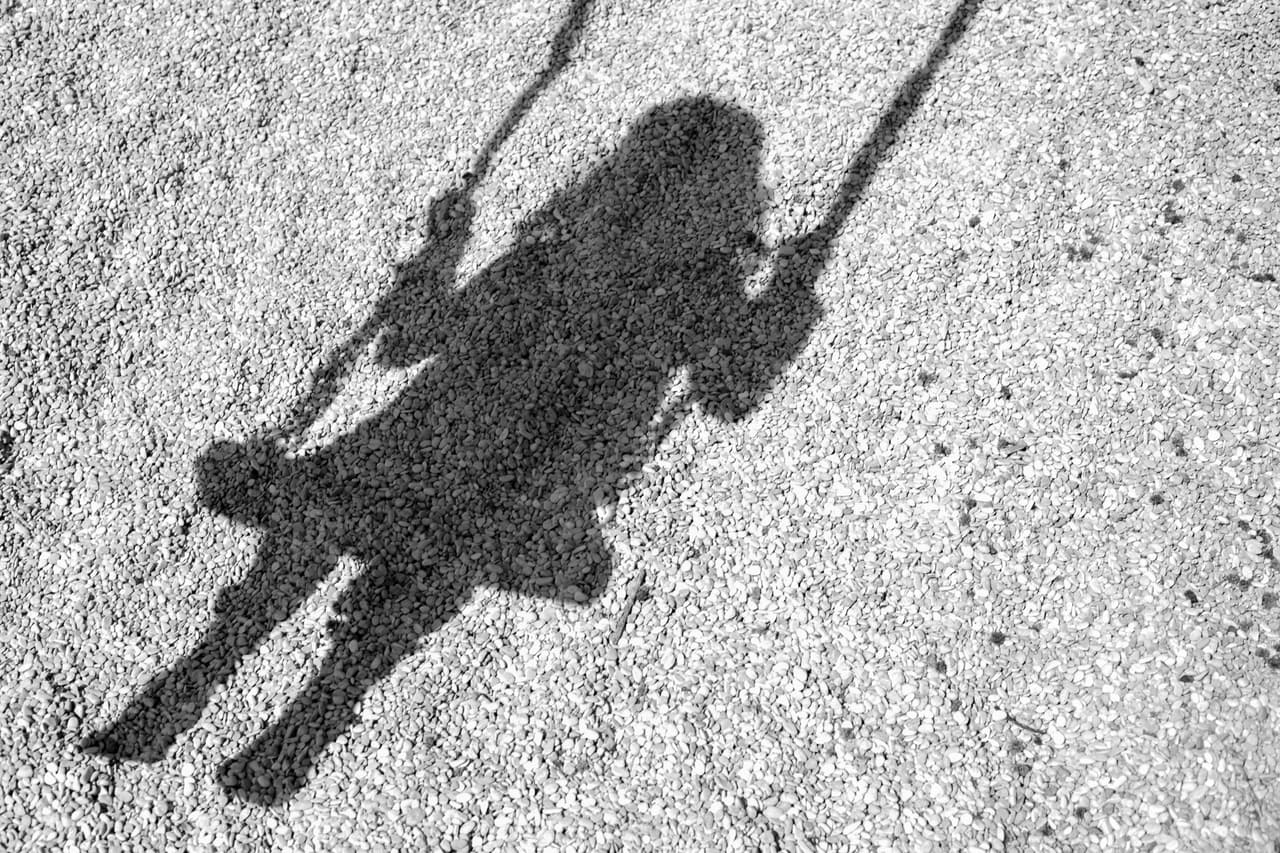
Family court reporting: anonymisation of family members
What does effective anonymisation of the parties to a family case entail?
Anonymity for children, their parents, carers and siblings is the condition on which the pilot reporting regime is based. Anonymity in the context of the pilot involves considerably more than simply omitting parties’ names or using pseudonyms.
Before or during a hearing, parties’ lawyers may suggest that a judge imposes additional measures to safeguard their clients’ anonymity. This might include, for instance, omitting particularly unique features that might tend to identify a child or their family in the area in which they live, such as religion, race, if there are twins or a parent’s specific job title.
Often, such matters are not editorially relevant to a story, in which case it’s easy to agree, but sometimes they are, and you will not want to concede. If a reporter feels that a fact is editorially important to their audience’s understanding of a case, is of high public interest and wishes to contest an application to restrict it from being reported, it is completely open to them to stand up and explain to the judge their reasons.
The judge will then weigh up the arguments and evidence they’ve heard, and make a decision.
The standard transparency order that has been created for use in pilot cases contains a helpful list of things that reporters will usually not be allowed to publish. The order also contains a general catch-all that makes clear that even things not on the list are not allowed if they are likely to identify the child as the child at the centre of the case.
In addition, if it is obvious that something not on the general list is likely to be identifying in an individual case, the judge might add it to the list. The list of prohibited items in the order should, therefore, not be treated as exhaustive, and you should always read the order carefully to check if it differs from the standard list.
Some examples:
Scenario 1
A family originally from Sudan is at risk of losing three of their five children to the care system. They live in rural Cumbria where very few Black people have settled, let alone Sudanese families. The parents tell the court that they only know two other Sudanese families in their area. They want you to report on the hearing, but they are concerned that if people know their country of origin, this will identify their children. They are also wary of saying which part of Cumbria they live in.
The local authority says it is also concerned, and adds that even saying that the family is Black could easily identify them, especially as they have five children of school age, all of whom are well known in their small village.
During the hearing, the family made allegations of racism against local authority social workers. The local authority rejects these allegations but they are contained in written statements to the court given by both parents, which you have seen, and their complaints have been repeated in evidence, with specific examples given. The parents have been vociferous and distressed about the racist attitudes they say they have encountered from council workers.
They applied to be able to submit a voice recording of what they say is evidence of a social worker being racist towards them. You have already heard this recording, and you agree with their assessment.
The judge initially refused to admit the voice recording, but by the end of the hearing, says she will consider it overnight.
The children’s guardian is also concerned that one social worker has displayed prejudice against the family, and has submitted written and oral evidence to that effect. However, she is concerned that identifying the children as Sudanese will identify them. She is also concerned that identifying them as Black will pose an identification risk.
 Sally Anscombe via Getty Images
Sally Anscombe via Getty Images
Issues to consider:
What is editorially essential to include in order to report this case in the public interest? It is obvious that the most vital fact is that the family is alleging racism, and that they are Black. The recording would appear to back this up (though it has not been tested as evidence in court).
The fact that they live in a rural area is also important as context to the racism they are alleging.
But is the fact that the family is Sudanese essential? What about the number of children in the family (only three of the five are the subject of today’s hearing)? What could be blurred without losing the most important issues that have been aired in court today? Do you need to report the children’s exact ages, or even their sex? Overall, what could you concede that you would not report in order to retain the editorially vital detail that the family is Black, and that this case has been heard in this geographic area, with this local authority involved?
If anyone completely refuses to agree that the fact the family is Black can be reported, and if you want to try your hardest to reach agreement before asking the judge to approve an additional reporting restriction to the transparency order, a last-gasp offer could be to suggest that their allegations of racism must be reportable, but not that they are Black. This has the advantage that you might get agreement from all parties, but means that any aspect of the racism that specifically relates to their country or continent of origin is completely out of bounds in reporting terms – and people from a range of countries and races can encounter or allege racism, so you are losing accuracy and context in your reporting.
You could offer this solution – or you could make your arguments to the judge to retain the fact that the family is Black, while potentially offering other concessions to blur identification of this family.
Scenario 2
A 15-year-old girl has been deprived of her liberty by the family court for her own protection, and is in the care of her local authority, which is a major metropolitan city. She urgently needs a placement in a secure children’s home, with specialist staff who can meet her needs. She has waited five months on a children’s ward in a local hospital as no secure placements can be found. Her mental health is deteriorating, and her inability to control her behaviour has resulted in frequent and increasingly serious self-harm to the point that the hospital and her children’s guardian are now fearful for her life.
You want to report on the case and include the name of the local authority in your report.
The local authority argues that if the child sees any reporting that she could link to herself, her mental health will plunge to a new low. It wants its name restricted from any reporting.
The child’s mother supports reporting including the name of the council that she has privately told you she feels has not made enough efforts to find a placement for her daughter.
Her guardian’s skeleton argument, which you have seen, expresses similar concerns.
The local authority says its social workers have worked extremely hard to find a placement, but there is a national shortage that means scores of children are chasing one or two secure placements available every day that they have looked.
The judge does not criticise the local authority in her ruling that the child can instead be placed in an unregulated and, thus, unlawful placement.
A councillor for the local authority, who has got wind of the case, has been in touch with you to ask what is going on. She says that as an elected member, she holds the ultimate responsibility for this child’s welfare and she wants to know what is happening, but nobody will tell her.
 C Lyttle via Getty Images
C Lyttle via Getty Images
Issues to consider:
Local authorities have the statutory duty to provide appropriate care for all looked-after children in their care.
Local councillors hold responsibility for the care of these children. They are the corporate parents of children taken into care.
There are vanishingly few secure placements available nationally for the many children who need them.
The child herself, because she is 15 and old enough to express a view, has been told there is media interest in reporting her case. She first said she was happy for reporting to happen, then said she wasn’t. She does not want to be identifiable.
There is grave concern from children’s charities, councillors and MPs about the level of provision of suitable accommodation for children in psychological and emotional distress. Over the years, judges have frequently been critical of the position that children who need urgent support in suitable, secure and regulated homes are put in when the only option is an unregulated and, therefore, unlawful and unaccountable placement.
What about this child’s friends at school, or their parents, who might read about the case, and recognise her?
Could you change the child’s sex, or not specify it?
Do you have to report the child’s exact age?
Do you need to name the hospital?
Is it essential to be able to name the local authority? Given it says it has tried hard to find a placement, and the judge has not criticised its social workers, do you need to name the council? If you believe it is in the public interest to do so, you will need to have your reasons ready and be prepared to explain them to the judge.
Header image: The shadow of a child on a swing. Credit: Wirestock via Getty Images
This resource was funded by Bureau Local funders. None of our funders have any influence over the Bureau’s editorial decisions or output.
Coordinator: Louise Tickle
With thanks to: Rights of Women, Lucy Reed
Please contact [email protected] with any questions or comments about the content of this site.
-
Area:
-
Subject:




